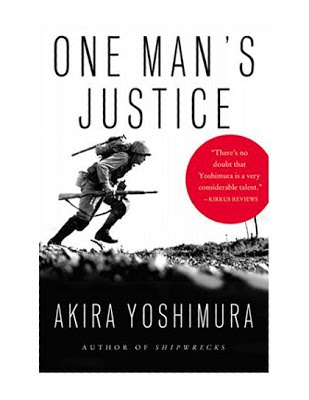...Or, as they say, to screw up.
I just found out that I had screwed up my
New York Times subscription: I have not eyed the details/fine print and had mistakenly assumed that in order to have free and complete digital access to the Times, I would have to opt for a home delivery of one kind or the other.
I opted for the pecuniarily lowest option--the Weekender (Friday-Sunday).
I was somehow confident that I was paying $15.25 every month for the total package.
...And I had made the mistake of not checking my account online.
One day I visited my account to see if the
Times had credited money because of missed papers. What did I find? That for months I am being charged $35. My mistake, for sure: I had mis-assumed and hadn't read the details. I was paying for what one would say the "full-service."
Had I not the "mistake" of being assumptive--which a consumer never must be--I would have saved a considerable amount of money over the past few months.
But of course, I don't expect sympathy for my oversight. It's my mistake and I paid for erring.
Surely I deserve lambasting for this: In America people are held responsible for the mistakes they make and the consequences they suffer as a result of these mistakes. A majority of these mistakes have an economic consequence.
Nicholas Kristoff, a well-regarded humanitarian/
Times reporter (ironic), has wisely
offered a rebuttal to those who believe--harshly so--that people ought to take responsibility for their own errors:
[...] A civilized society compensates for the human propensity to screw up.
He writes about a friend who chose to work part-time in order to spend more hours on pursuing things that gave him pleasure. Since he worked part-time, making about 13k a year, he opted out of health insurance, as he couldn't afford to buy one.
Somewhere down the line, he contracted cancer, and couldn't pay for his treatment. Upon telling his story, he was boo'ed and jeered. Many--on the side of the Republicans, according to Kristof--called him foolish and stupid enough to make such self-destructive life-choices. Few blamed the system for not caring for one of its own--a citizen whose only fault was not to self-enslave himself to the rigors of full-time work.
Kristof asks us to be a little more civilized:
To err is human, but so is to forgive. Living in a community means being interconnected in myriad ways — including by empathy. To feel undiminished by the deaths of those around us isn’t heroic Ayn Rand individualism. It’s sociopathic. Compassion isn’t a sign of weakness, but of civilization.
I have erred--and paid. This unnatural view of human nature and society has been taken to the next level in case of Kristof's friend.













